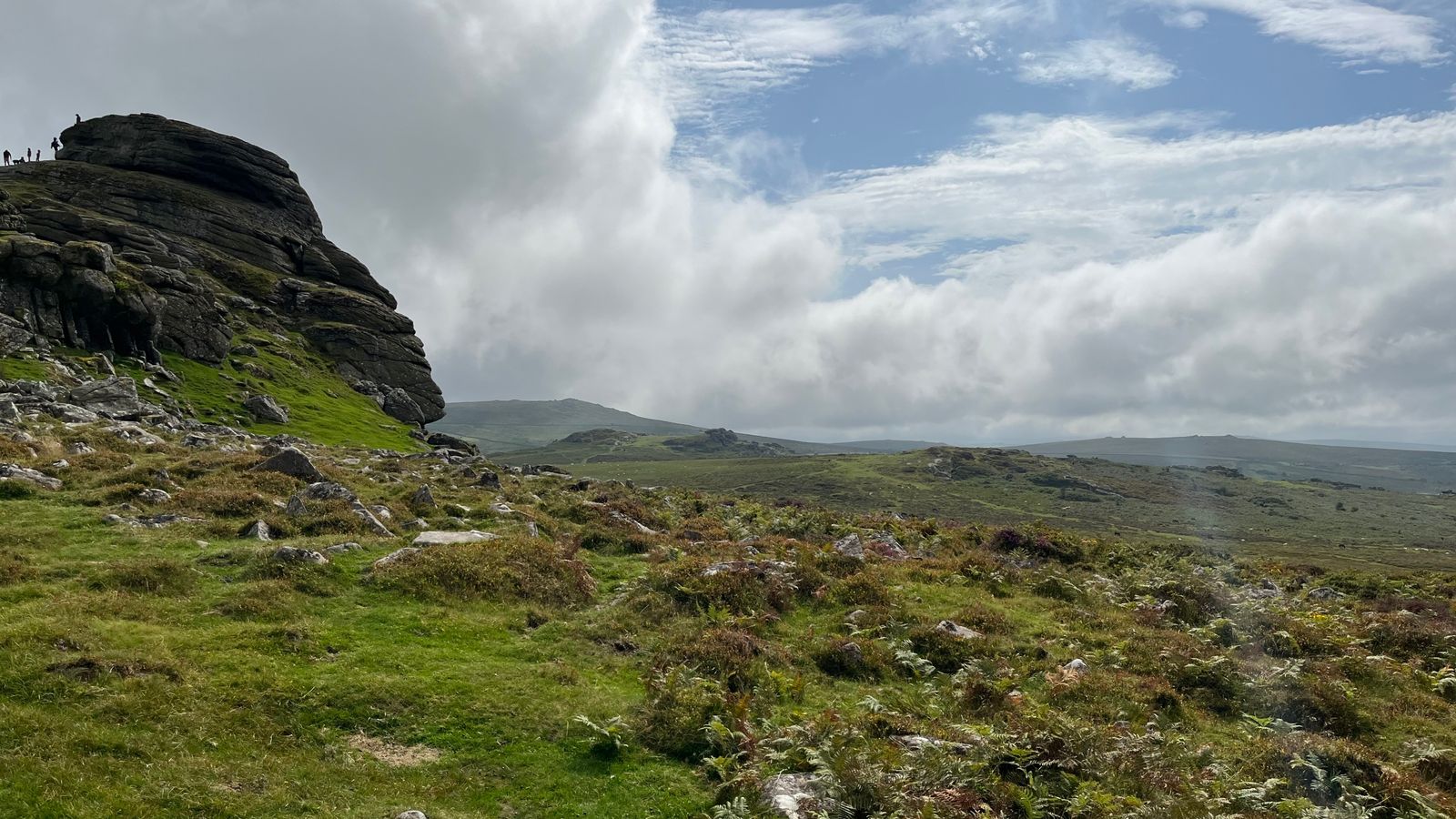Rangers patrolling Dartmoor will continue to use body-worn cameras following a trial introduced over concerns of an increase in “anti-social and hostile behaviour” by some visitors.
Staff working in the national park in Devon were issued with the devices in a pilot scheme launched in February 2022 after a report identified a rise in “verbal abuse”.
Neil White, head of organisational development, said rangers had also been “flashed at, threatened with a mallet and chased”.
“In recent years our rangers have observed an increase in anti-social and hostile behaviour by some people,” he said.
He noted that although “this is a very small proportion of the many people who do enjoy Dartmoor” the “verbal abuse of our staff appears to be increasing” and while “these incidents are, thankfully, rare” even “one such incident is unacceptable”.
The two-year trial, which cost an estimated £8,019, aimed to assess whether the body-worn cameras would help address incidents of verbal and physical abuse as well as their use in enforcing laws through legal action.
Members of the Dartmoor National Park Authority (DNPA) approved their continued use at a meeting on Friday.
Since running the trial, the DNPA has been approached by the RSPB, Loch Lomond and the Trossachs National Park, and the Broads National Park, who are also interested in using the cameras, according to a report by head ranger Simon Lee.
The cameras were used some 211 times during the pilot, with footage recorded on seven occasions, including when rangers attended a rave and to film trial bikes on the moor.
Read more:
Environmentalists and farmer clash in battle for Britain’s national parks
Wild camping ban on Dartmoor lifted after landowners lose court case
In another incident, a member of the public accused a ranger of knocking them over with his Land Rover but footage “clearly showed” he “had not made contact with the gentleman,” according to the report.
Be the first to get Breaking News
Install the Sky News app for free
“This was a good example of how the BWCs [body-worn cameras] can also offer a safeguard for the team,” Mr Lee said.
“The numbers of actual incidents of verbal abuse were low so looking at the quantitative data on occurrence is less applicable.
“However, it is important to say that overall the team feel safer having them available and support their continued use.
“The presence of BWC has not met with any notable objections from the members of the public or had any noticeable negative impact on conversations.”







